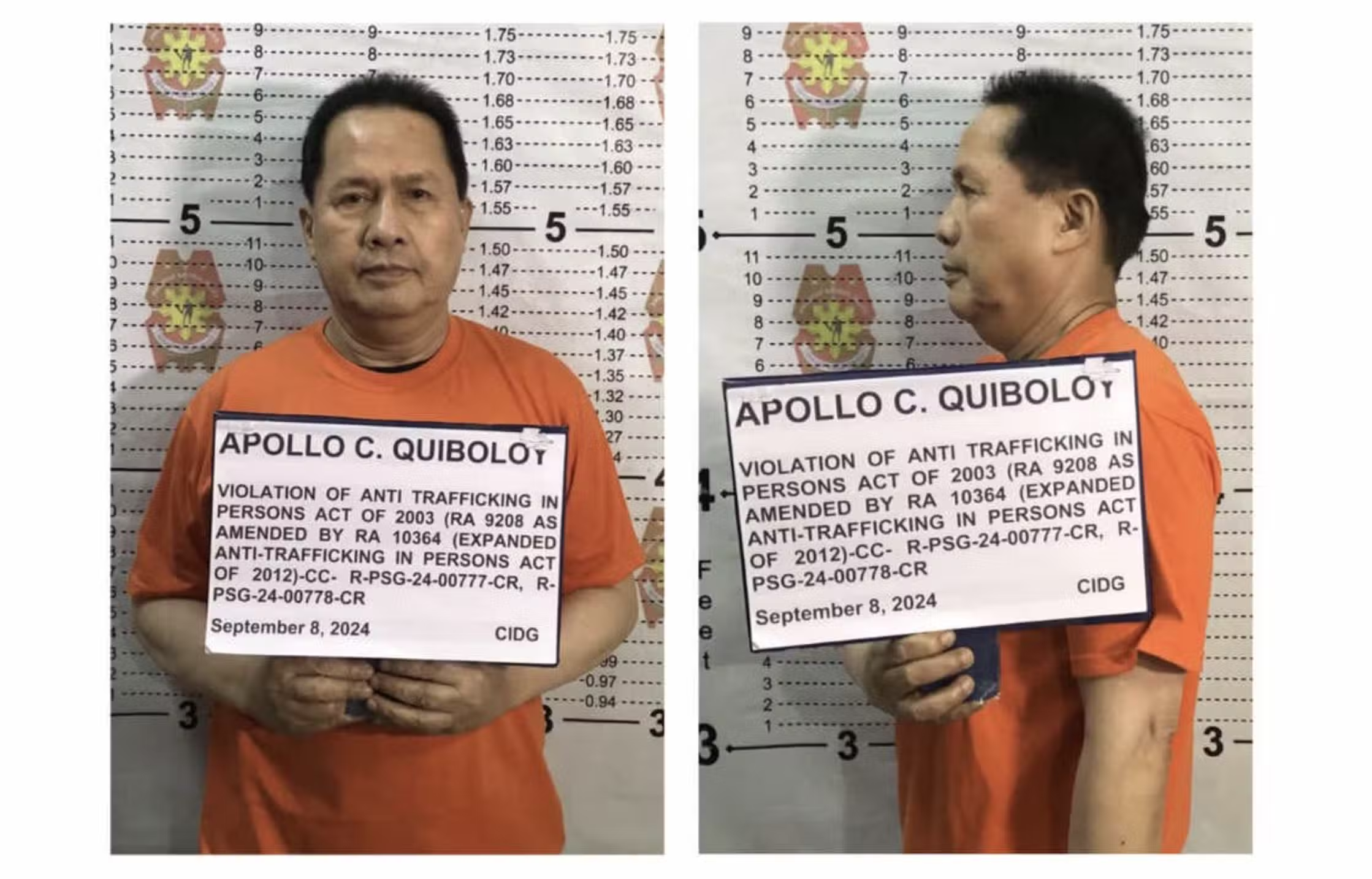After a long delay, the executive order outlining the present administration’s mining policy is finally out. According to a statement from Malacañang last Saturday (July 7), President Benigno Aquino III has already signed Executive Order (EO) 79.
“Basically EO intends to increase the revenue of government from mining, also intends to improve environmental standards and try to put consistency in national and local laws pertaining to mining. The EO also establishes the Mineral Industry Coordinating Council,” said Department of Environment and Natural Resources (DENR) Secretary Ramon Paje.
The new mining policy is also expected to prevent more areas from mining operations to protect the environment.
Said EO, however, still does not permit new mining agreements, until there is legislation on revenue sharing between the mining companies and the government. The DENR, however, may grant and issue permits for exploration under current laws, rules and guidelines.
“Exploration can continue, other activities pertaining to mining development can continue, except that we cannot sign new mineral contracts. We also stopped exploration and issuance of Environmental Compliance Certificates (ECCs) and processing of mining feasibility, but now all of those can continue except signing of new agreements,” said Paje.
Under EO 79: “The grantees of such permits shall have the rights under the said laws over the approved exploration area and shall be given the right of first option to develop and utilize minerals in their respective exploration area upon the approval of the declaration of mining project feasibility and the effectivity of the said legislation.”
Under the new EO, all existing mining contracts, agreements and concessions approved prior to the effectivity of the new order are still respected and considered valid, Paje said.
But on the issue of small-scale mining, operations are only permitted in areas declared as “Minahang Bayan,” the EO stated in pursuant to RA 7076 or People’s Small Scale Mining Act of 1991. “Small-scale mining shall not be applicable for metallic minerals except gold, silver and chromite,” according to the EO. Also prohibited in small-scale mining is the use of mercury.
Prior to signing of the EO, many government officials particularly Albay Gov. Joey Salceda and at least 40 anti-mining governors planned to challenge the Aquino administration’s new mining policy before the Supreme Court once Aquino signs it. According to Salceda, the new mining policy would dismiss the local government’s autonomy and independence in favor of national laws and regulations on the mining industry.
With the new EO, it is estimated that $12 billion worth of new projects planned for the next five years will be affected, including a $5.9 billion worth of Tampakan copper-gold project in Southern Philippines by Xstrata Plc, an Anglo-Swiss multinational mining company, and Australia’s Indophil Resources NL.
The Philippines has an estimated $1 trillion worth of mineral resources—mostly gold, nickel, and copper—that are untapped.





